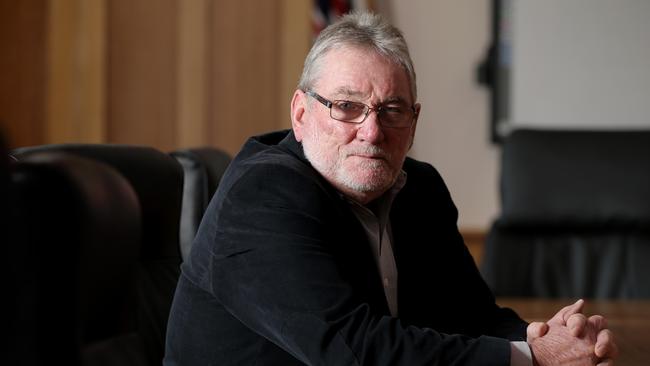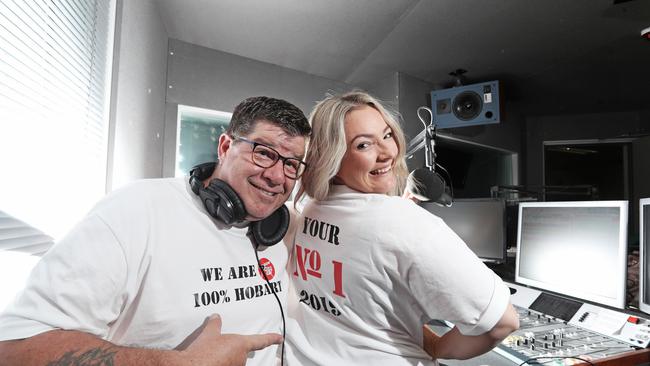Local government a tough gig for Tassie’s many councillors
Councillors are paid next to nothing, and all they do is cop abuse from the public and the media. So is it time to pay those in local government more to attract candidates more capable of copping flak, asks Jenna Cairney.
Opinion
Don't miss out on the headlines from Opinion. Followed categories will be added to My News.
MANY councillors are paid less than $10,000 a year. In return they get abused.
They get harangued with questions — both from the public and the media. They are forced to face the uniquely bruising brand of cynicism Australians reserve for politicians.
And now we find they must deal with a code of conduct complaint process that is both time-consuming and prone to humouring frivolous and vexatious issues.
EMBATTLED COUNCILLOR REVEALS COST OF COMPLAINTS
There really can be little dispute around the fact 29 councils is far too many for Tasmania’s population, which sits below 550,000 people.
Proponents of the system as it currently stands are likely to query why there is an issue with local communities having a high degree of democratic representation.
However, as the issues discussed on page 12 of today’s paper show, the problem with the system as it stands is it places too high a demand on the state’s councillors who essentially give up their time for a minimal fee – with the clear intention of making a positive contribution to the community.

Huon Valley councillor Mike Wilson had a complaint brought against him about whether or not he lied under oath about mints being handed out at the start of council meetings.
The complaint was dismissed.
His fellow councillor Mick Newell has been suspended for six weeks, after having three code of conduct complaints against him upheld.
‘PARASITE, COWARD’: COUNCILLOR BLASTS KEYBOARD WARRIORS
Cr Wilson said yesterday the council’s bill for the six complaints made against him and Cr Newell, all lodged by the same community member and of which two were dismissed, was more than $15,000
No doubt there are bad apples among the quite large barrel of people the state collectively elects to the role.

But the State Government needs to take a step back and assess whether real corruption or criminality is involved in issues that breach the code of conduct guidelines — or if the matter to hand is just a petty neighbourhood dispute being played out on an overly officious stage.
Ultimately, local government is really just a creature created by state government.
And while it is appropriate that big brother polices his little siblings, it is worth everyone remembering that politics is not a stock-standard workplace.
Rather, our elected leaders exist as an avenue for appeal against bureaucracy and its frequent inflexible lack of fairness.
MORE NEWS:
- D-DAY: ‘Fortress Tasmania’ could be open within weeks
- SNEAK PEEK: Inside Tassie town’s steamy secret
- 5224 NAMES: Full list of fine dodgers who owe Tassie $11M
As such, it should not surprise anyone to hear politics is a high-conflict job where boilovers can and do happen.
And it is worth our state parliamentarians considering whether they would like to be held to a standard where questions are asked about their honesty and integrity in relation to an issue as lowly as handing out breath mints.
If the system and remuneration remains as it is, it’s difficult to see how local government will continue to attract high-quality councillors to such a role.


